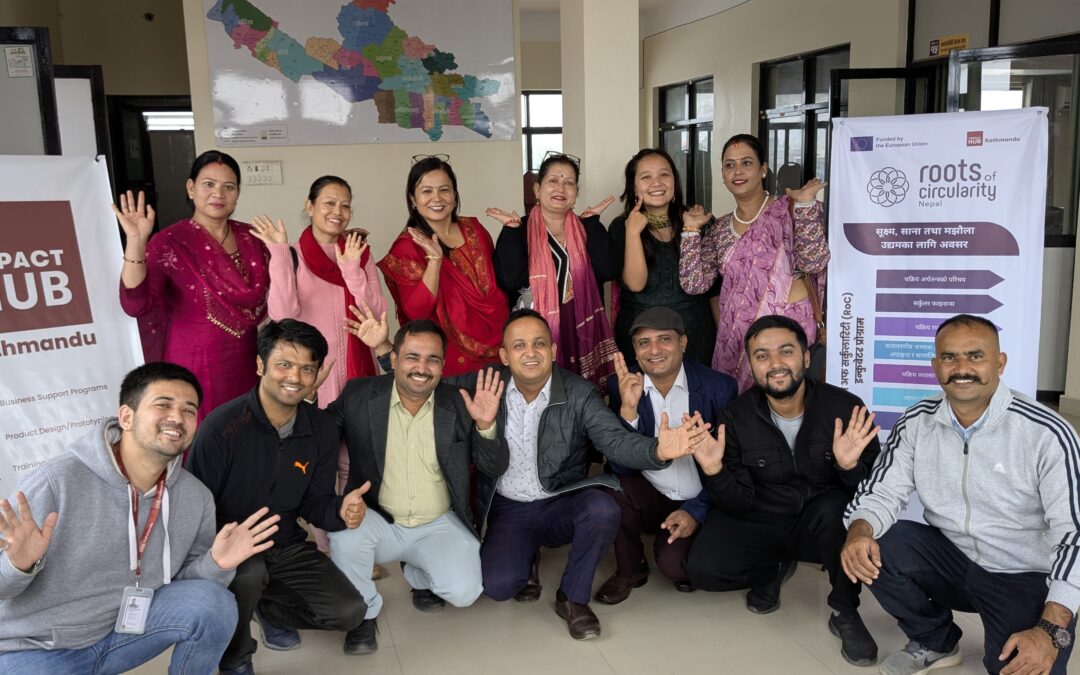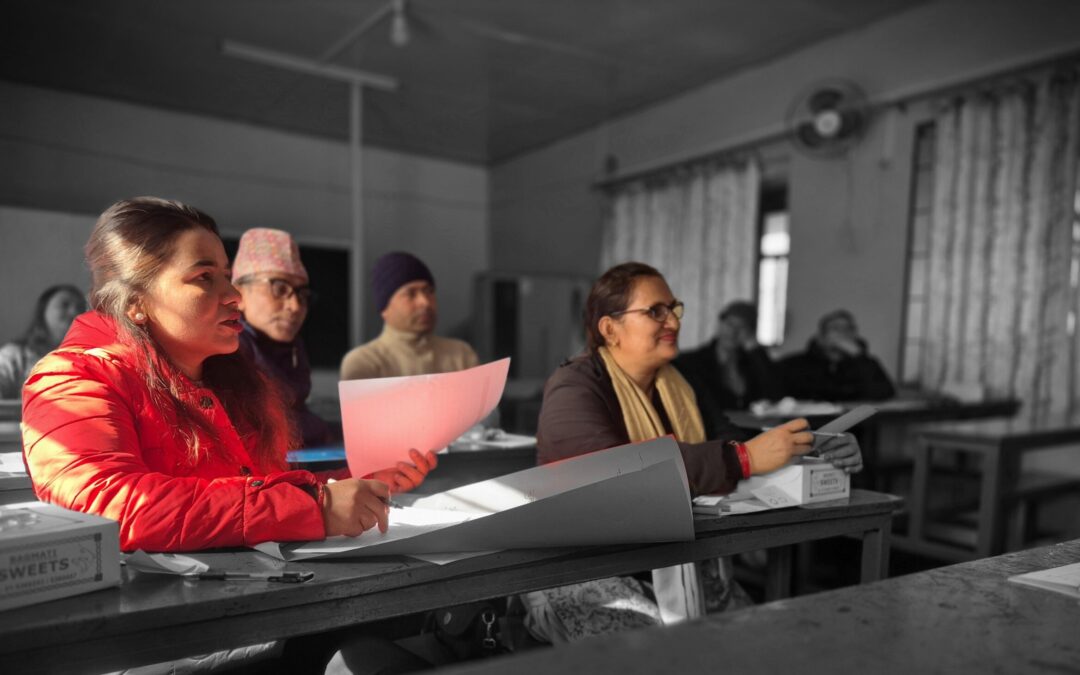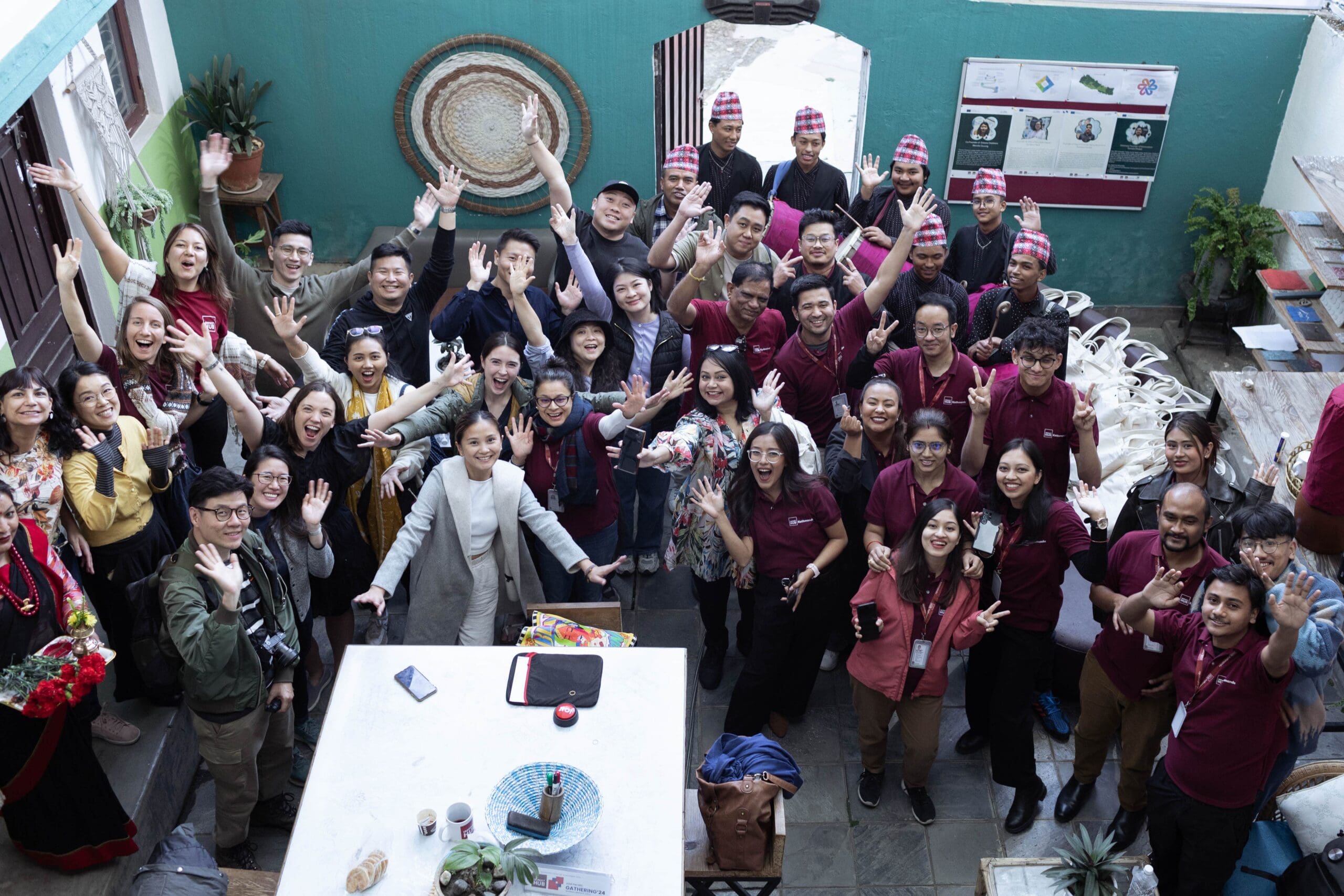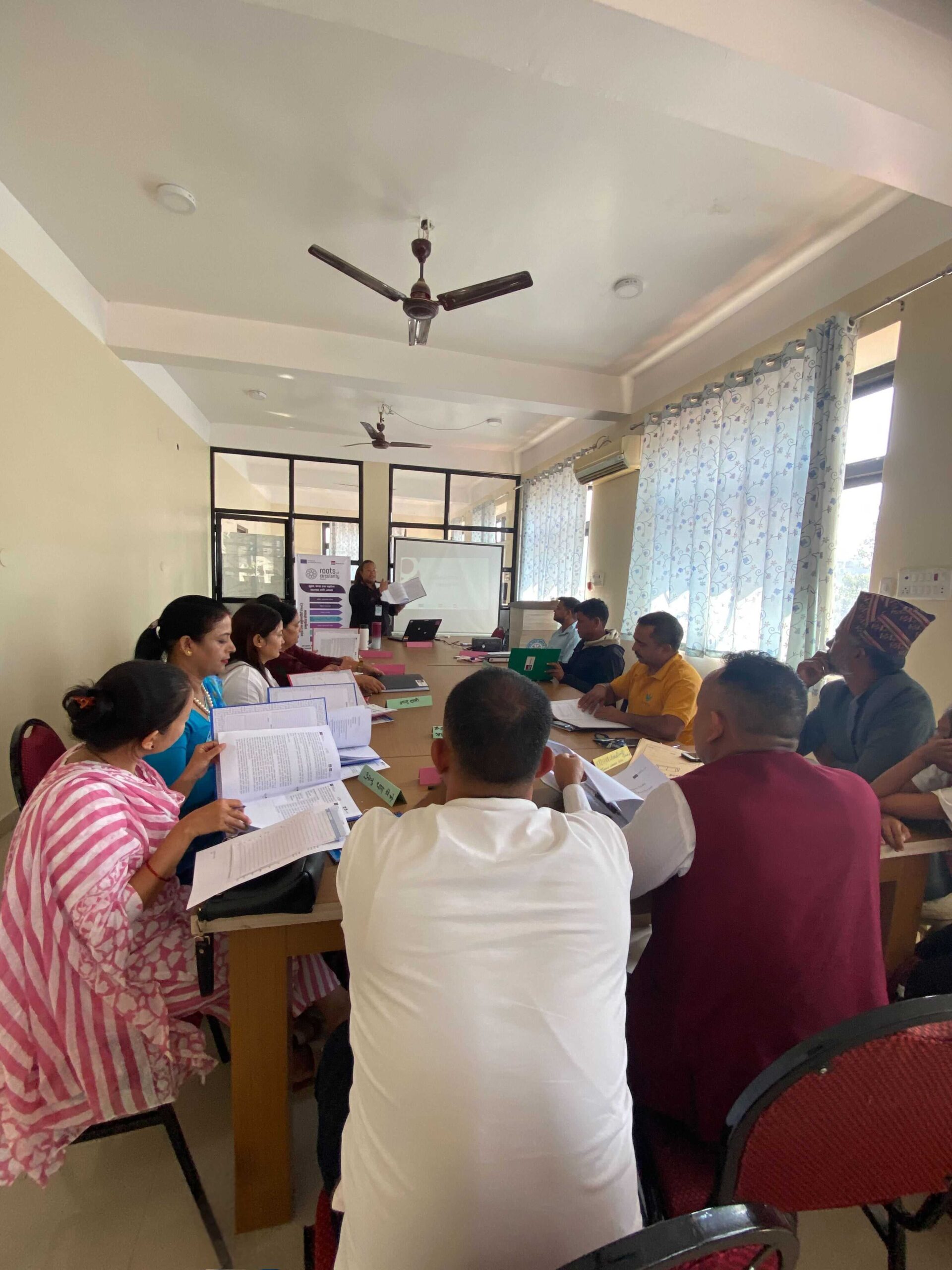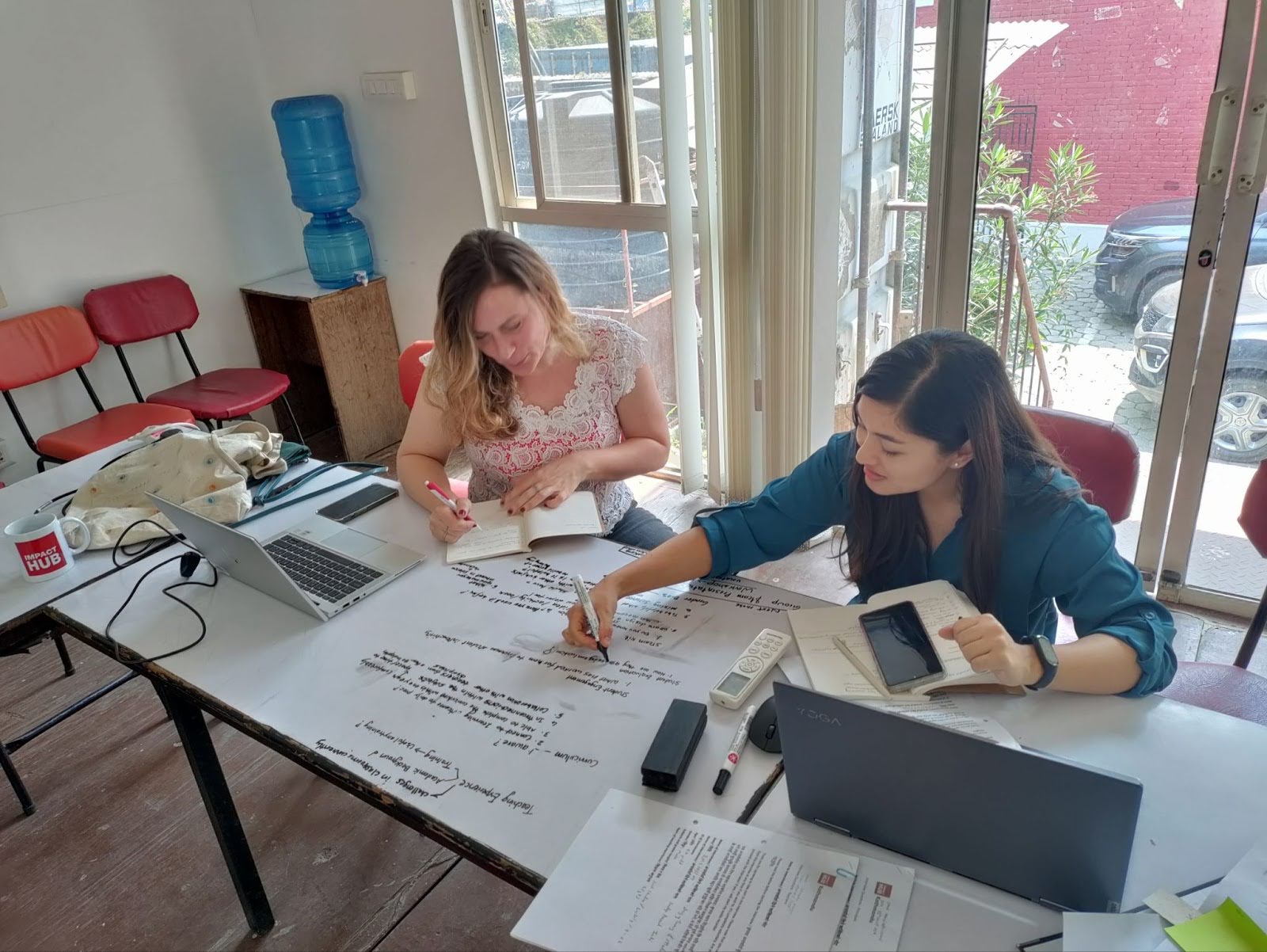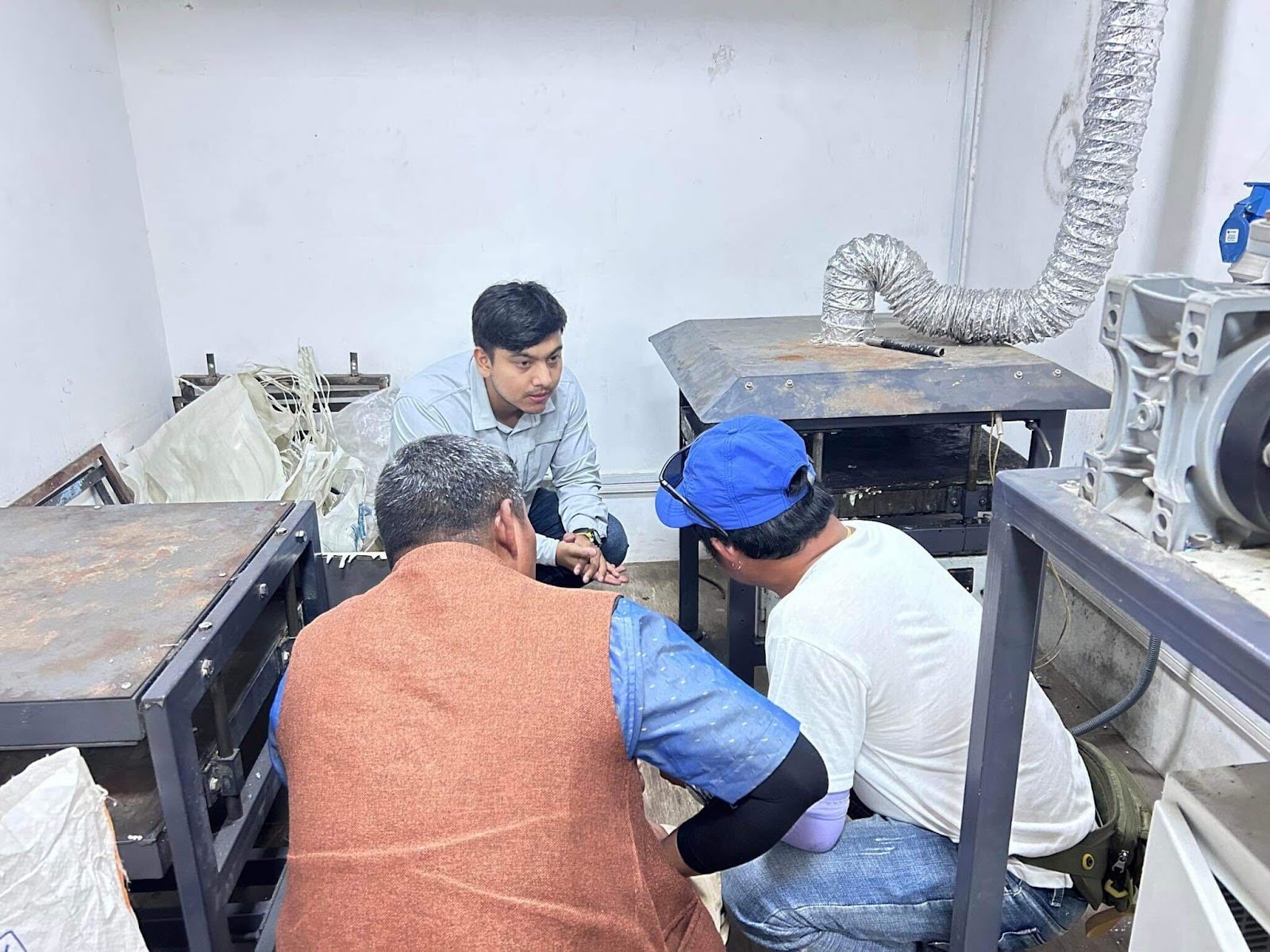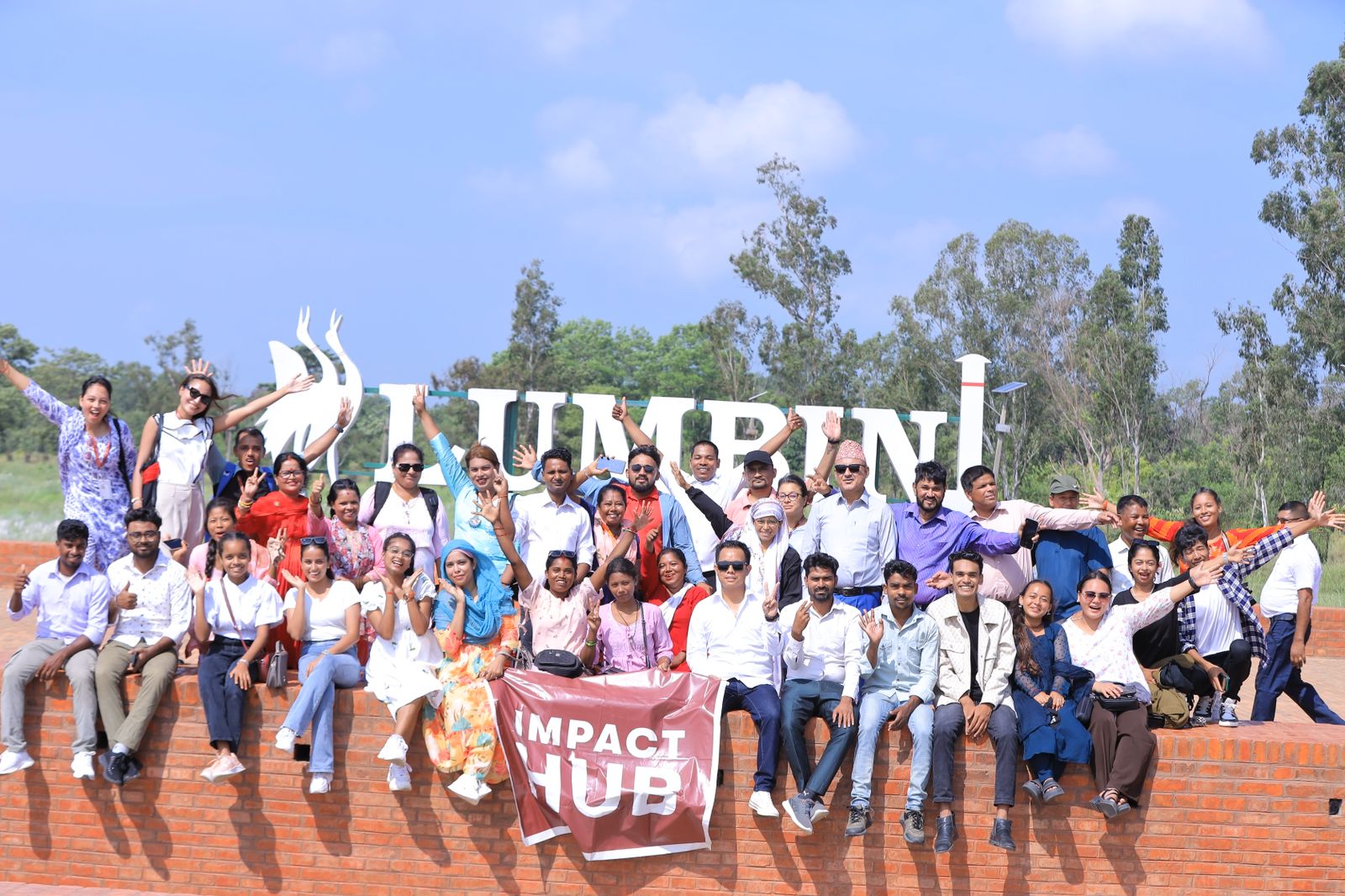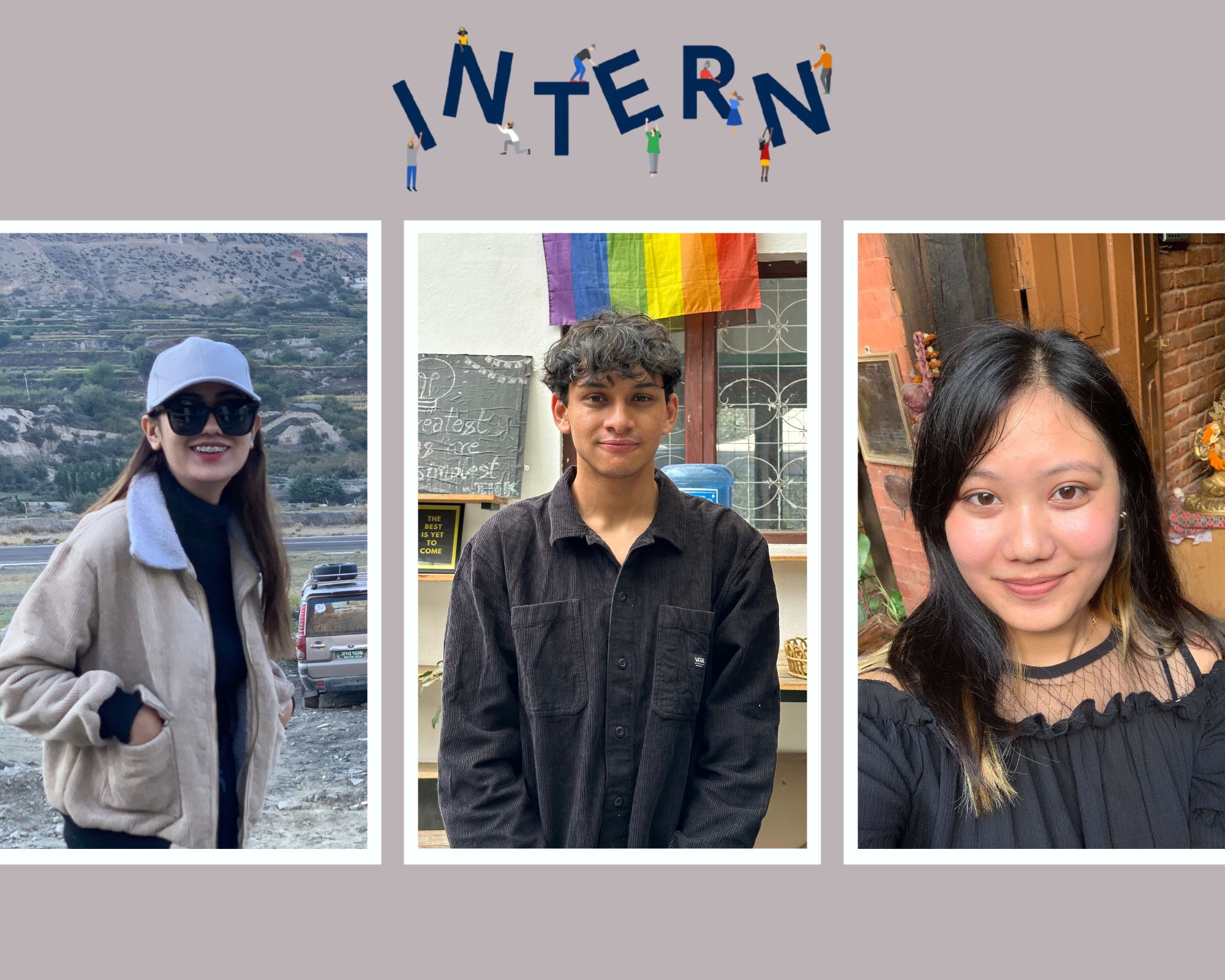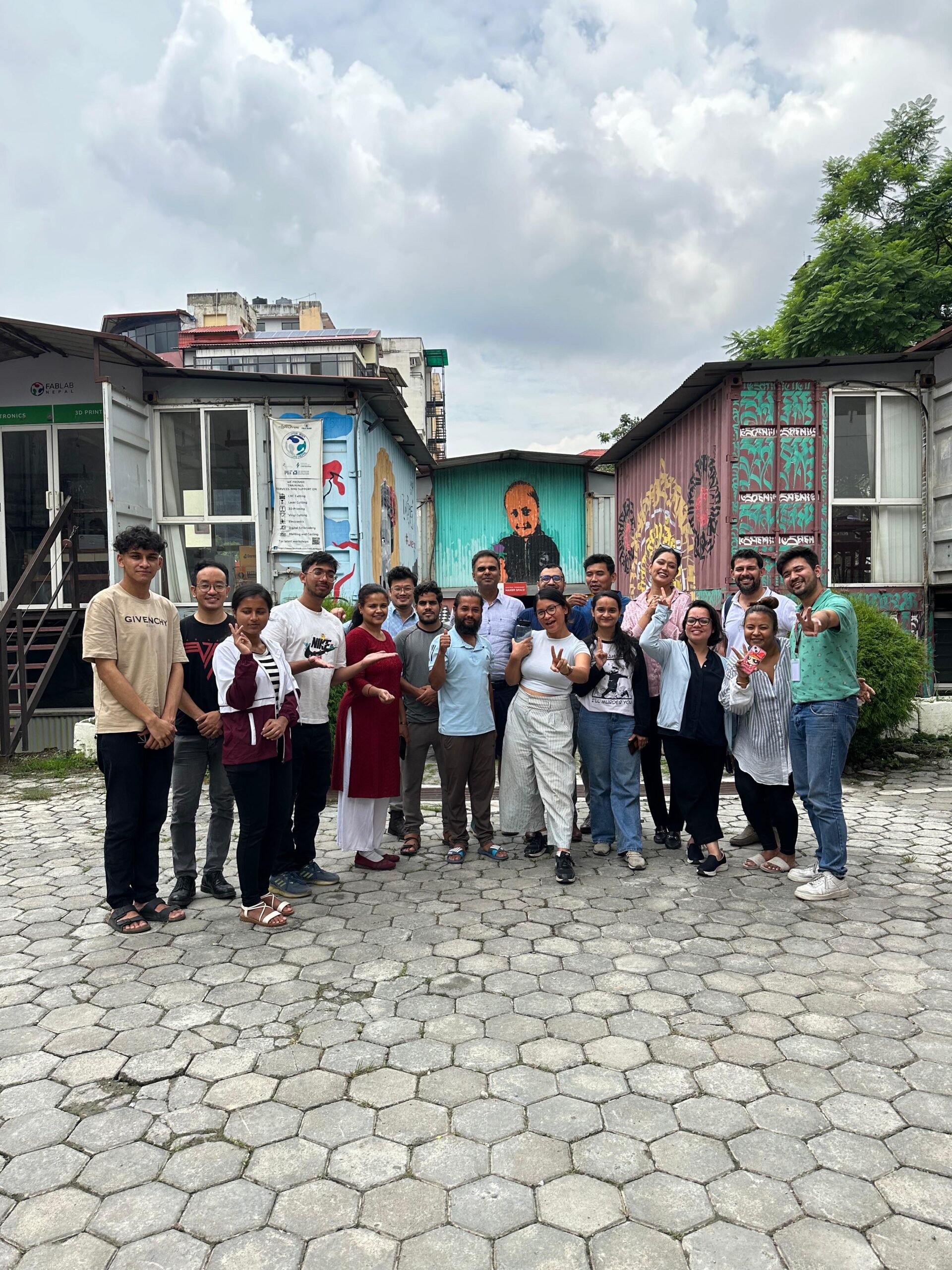FabLab Nepal and Nepal Communitere are thrilled to announce an exciting new partnership with Karkhana and donor partners: US Embassy Nepal, and Little Big Fund for a new project called ‘FabLab Nepal Builds STEAM for Nepal’s Youth’! STEAM stands for Science, Technology, Engineering, Arts, and Mathematics which is an approach to education that enables students to solve real-world problems and become critical thinkers. Through this project, we aim to increase access to STEAM education and strengthen the STEAM skills of youth and educators of the Community and Government schools (CGS) in Kathmandu and Lalitpur. The STEAM training and workshops will involve hands-on project-based learning sessions that will be conducted in Nepal’s very first FabLab! And as we were designing this program, we couldn’t have a better partner than Karkhana who is already championing this work to provide STEAM education to youth in Nepal! This project will incorporate the student-centered designs of STEAM education with a major focus on advancing gender equality and social inclusion in the education sector.
FabLab Nepal team with Karkhana and CGS representative teachers at FabLab Office, Pulchowk
In Nepal, the majority of the community and government schools operate with limited resources and access to infrastructure, resources, and expertise for STEAM. Nepal Education Sector Analysis in 2017 conducted by the National Institute for Research and Training (NIRT) & the American Institute of Research (AIR) states that “students in Grades 11 and 12 in Nepal do not always get to study their selected subject. There is a lack of necessary infrastructure to study the subjects of interest, not enough prioritization of mathematics and science in the curriculum, which makes them inaccessible to a majority of students, and a lack of sufficient pathways and bridges that enable students to shift from purely academic to practical and vocational streams and vice-versa.” World Bank statistics show that in Nepal, school enrollment at the primary level has increased in number and presents a promising picture for schooling in terms of enrollment; however, the literature on the ability of children to use what they are taught in school does not look reassuring. 27% of eighth-grade students are still unable to read a grade-two level text. The problem today is not whether children are going to school but what they are learning, how they are learning, and whether they are able to apply their learning in real life. Similarly in Nepal, only 26% of women are in the STEAM field. This further validated that there exists a critical gap that can be bridged through interventions starting from the school level. If we can increase the STEAM knowledge from a young age, it can equip youth to enhance their critical thinking, decision-making ability, creativity, curiosity, and problem-solving capacity that is demanded in the job market. Through this program, we aim to increase the STEAM skills of CGSs students and teachers preparing them for a rapidly changing labor market through an inclusive approach, and also seek to engage more than 50% of girls in our program.
Karkhana has been working on designing STEAM-based learning experiences for youth for the past 8 years, and collaborating with FabLab Nepal on this exciting project to bring making-centered, experimental learning to Community and Government schools in Kathmandu Valley is something we really look forward to! The collaboration also allows us to explore the possibilities of integrating digital fabrication in student learning process which is an add-on to achieve our common vision together.”
Hasin Shakya, Director
Karkhana Innovators’ Club
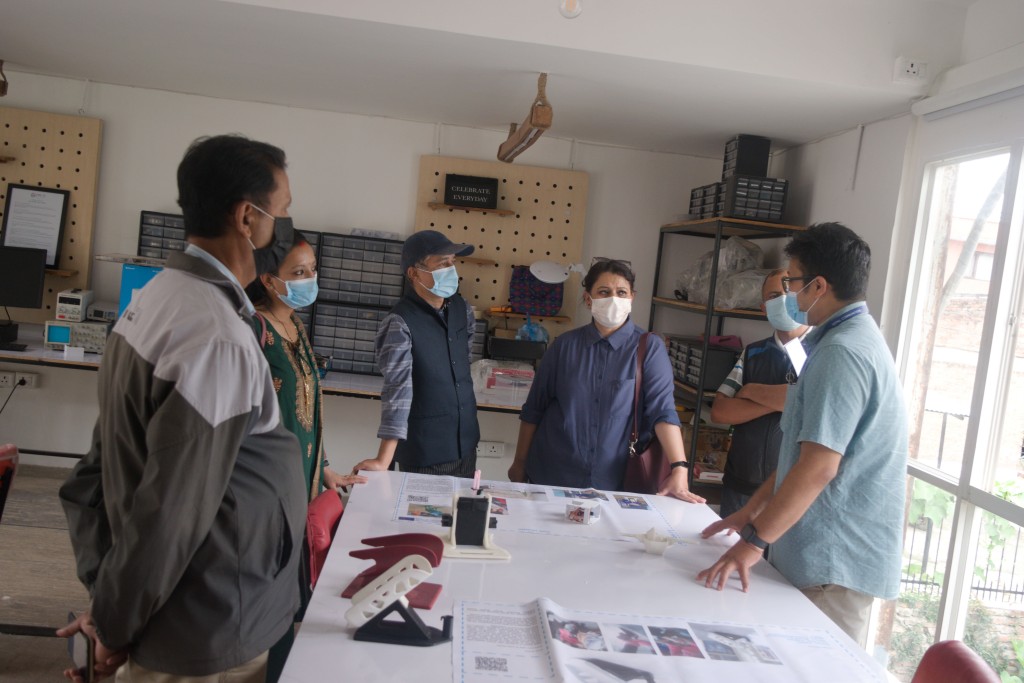
The project will support STEAM education in CGSs through a Project-Based Learning (PBL) approach through FabLab. We will also be providing 4-day-long teachers training to the teachers from various CGSs as part of the program. The FabLab team will be co-creating the curriculum with Karkhana and hosting the workshops in Fab Lab Nepal to provide lab access and training. We will also be conducting an 8 week-long student training to engage more girls and a regular once-in-week training day known as ‘STEAM DAY’ that aims to train 300+ CGS students by September 2022. We believe the learning should be an ongoing process and not just a short-term training program, hence we intend to open mini-maker spaces in public schools and are looking for sponsors to collaborate with.
If you are interested to be part of this amazing collaboration or know someone who can support us to establish mini-maker spaces in community schools or even sponsor the teacher’s training at FabLab, reach out to Pallab Shrestha, Program Lead at FabLab Nepal via email: [email protected] or 9851278038. Stay tuned for an upcoming orientation program for schools principals and STEAM teachers of KTM and Lalitpur this November!



